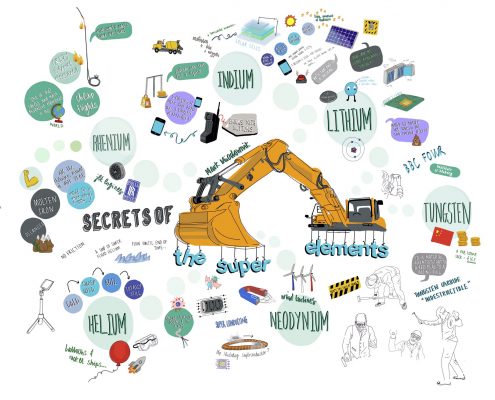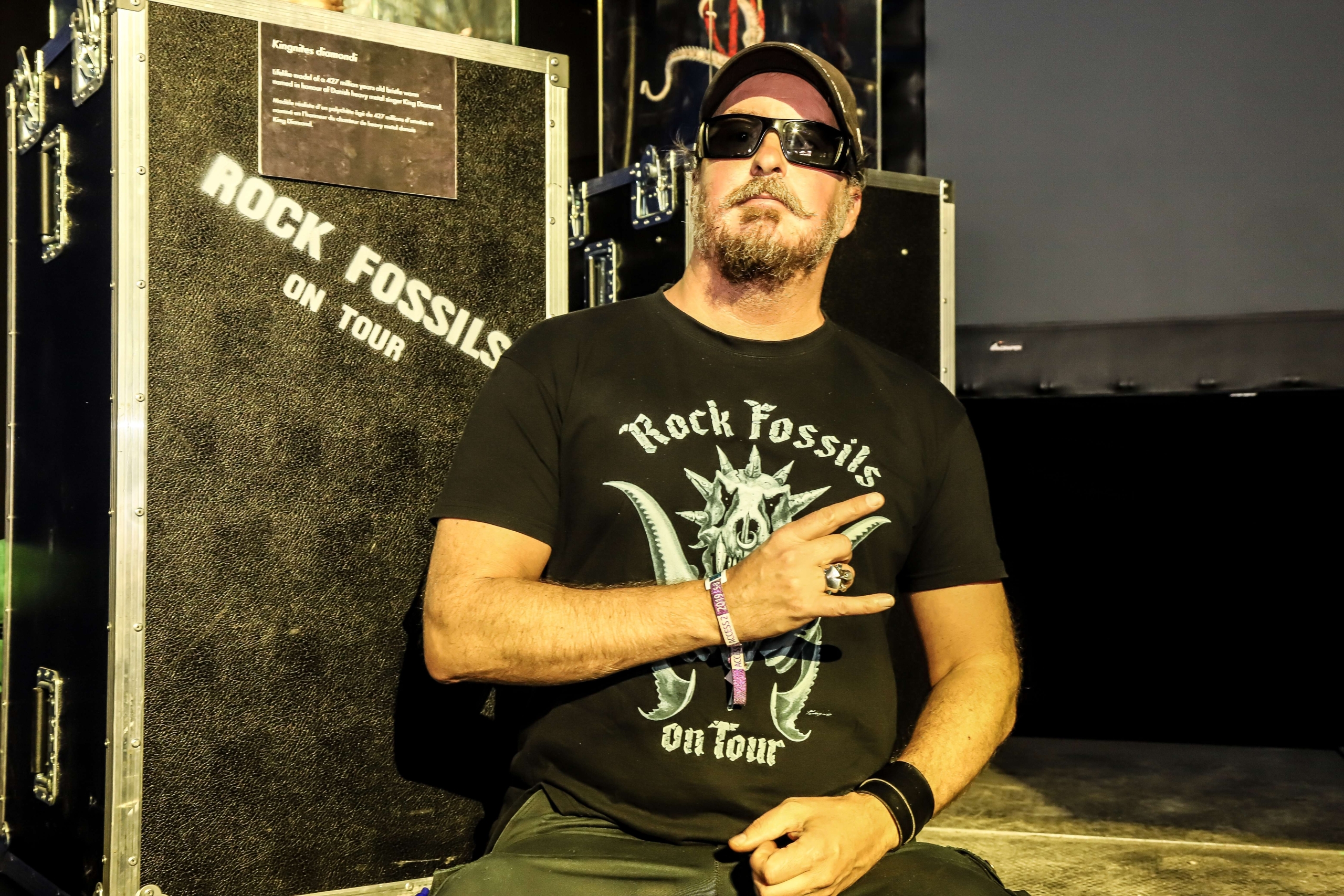Crastina is a platform for the exchange of experience, knowledge and inspiration regarding both scientific peer-to-peer communication and science dissemination
- What? An international network of (mostly young) people who love to communicate science & tech.
- Why? We think science needs to be communicated with more passion and professionalism.
- Where? On our website with interviews & resources + on social media + on Skype and IRL.
- Who? A content group (the Crew), a think tank (the Academy), + lots of friends & contacts.
- When? Right now – as a matter of fact, we’ve just geared up.

Darwinopterus settles in at Lapworth Museum of Geology in Birmingham
A pterosaur acting as your museum guide – that is the elegant setting of a promotional video from Lapworth Museum of Geology at the University of Birmingham. “Trying new ways of filming is all part of the process of learning what your perspective…

Doodler and graphic recorder Dr. Jess Wade: “making art should be part of your lab report”
Jess Wade, postdoc in physics at Imperial Collage, has taken her personal doodling to the next level and become a graphic recorder. In this way, she can combine two of her passions – science communication and art. On Twitter, she lets…

Stelum – a new platform for brief and simple explanations
A multinational team, lead by Vienna-based Dmitry and Alex Chekh, is currently preparing the launch of a new kind of knowledge resource on the web. Stelum is an online collaborative platform for short explanations to which anyone can contribute.…


















